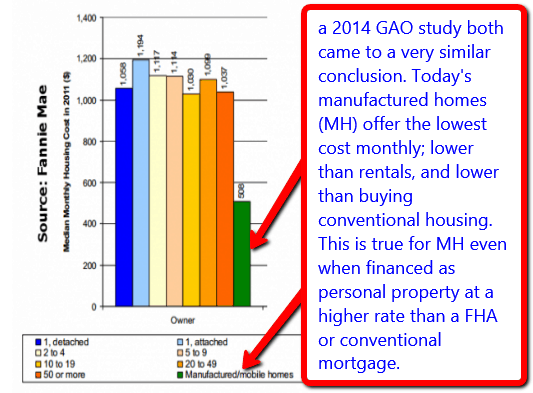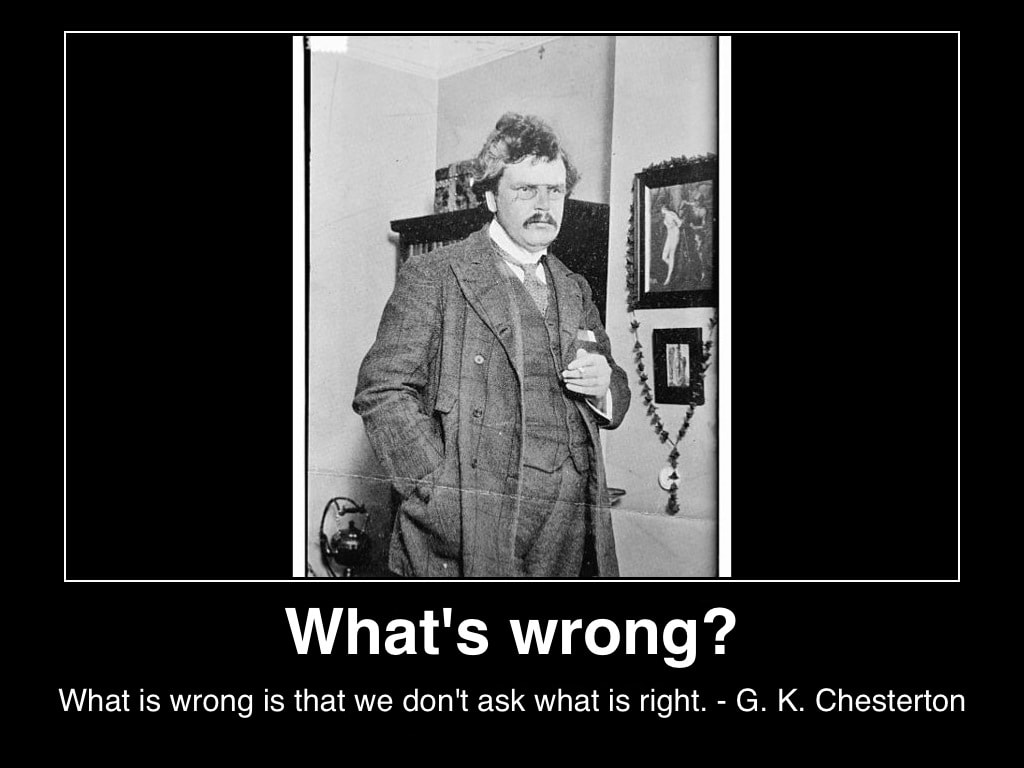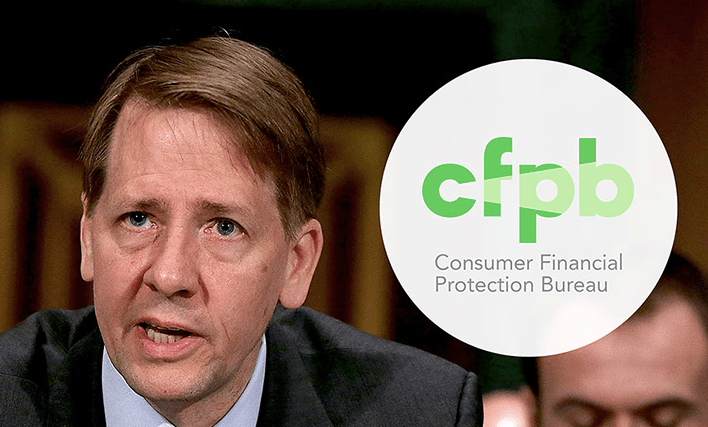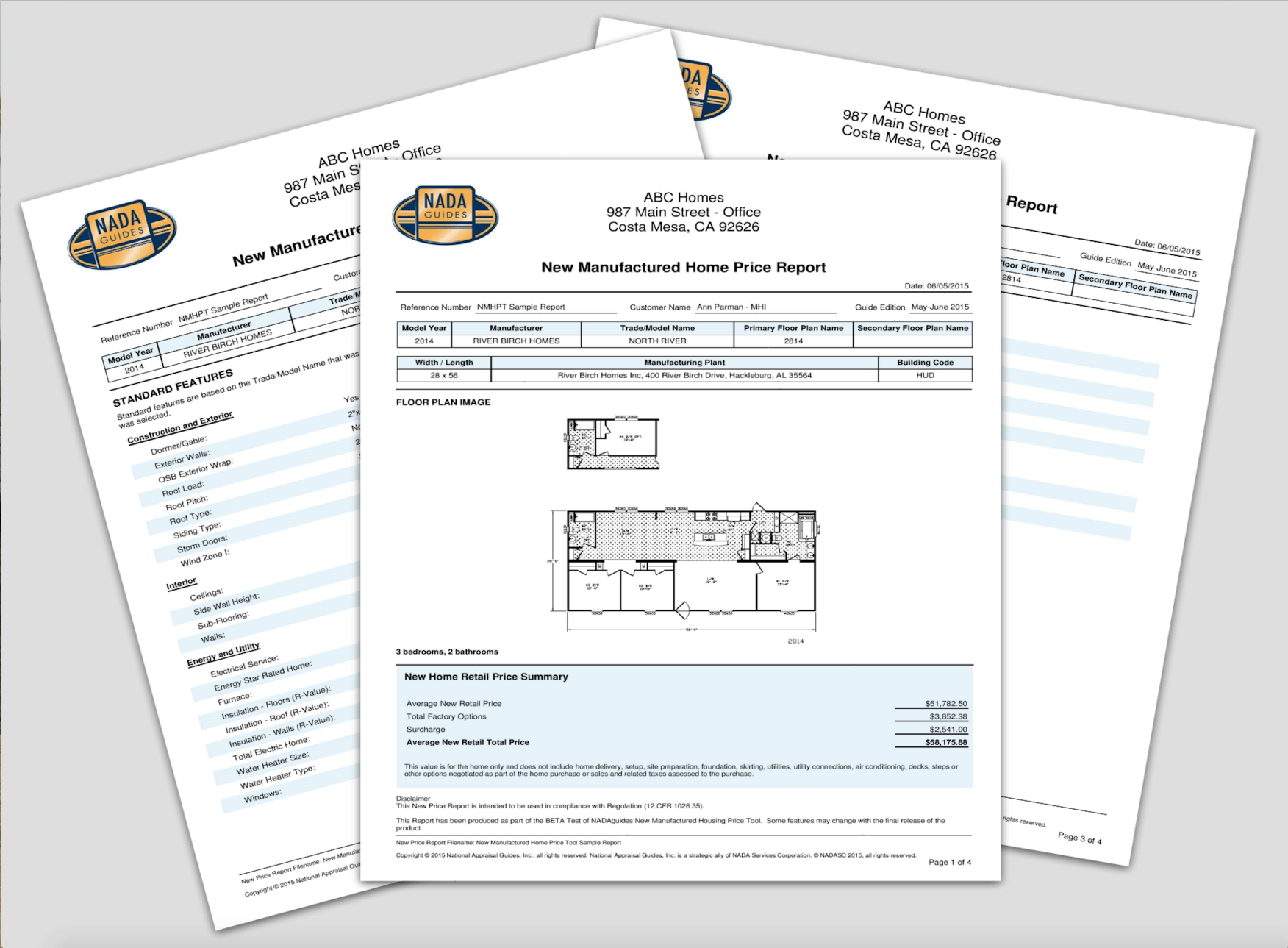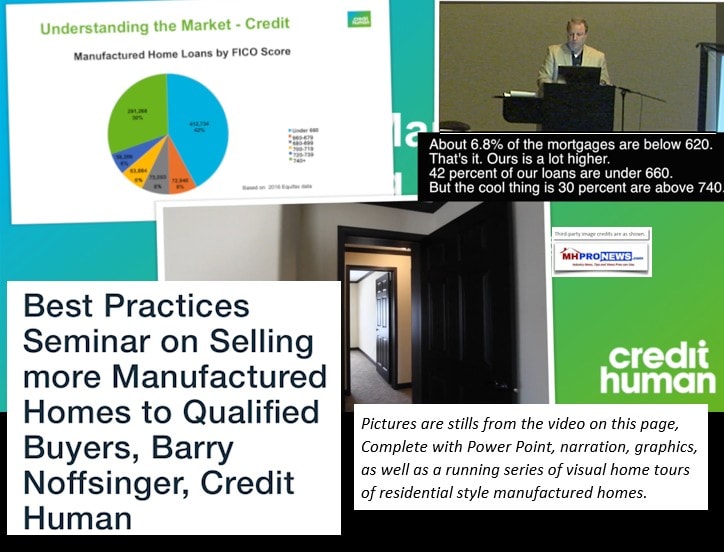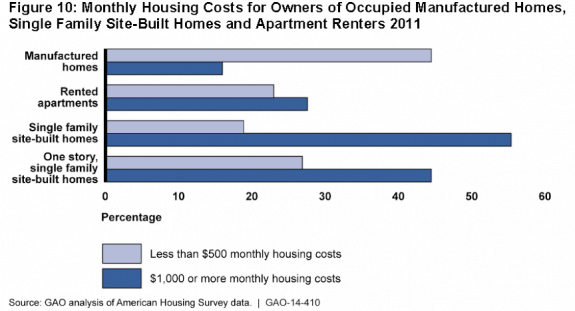Access to financing by millions of home owners and would be buyers, as well as job loss-or-creation, hangs in the balance due to regulatory hurdles caused by Dodd-Frank. So say supporters of the Preserving Access to Manufactured Housing Act of 2013, known as HR 1779. The bill proposes a remedy and has surpassed the century mark of co-sponsors. 20 Democrats and 85 Republicans have signed onto HR 1779, presently 105 co-sponsors in the 113th Congress. This more than doubles what was achieved with HR 3849, a similar bill filed in the prior 112th Congress. The dramatic increase is one of many clear signs that momentum is growing. 58 co-sponsors have been added since the end of the summer Congressional recess.
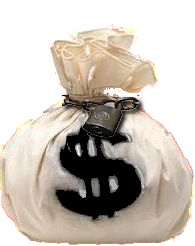
Nancy Geer, New York Housing’s Executive Director was pleased to confirm that Congressional Representative Tom Reed (R-23) became the 103rd co-sponsor of HR-1779 on November 15th. “Congressman Reed becomes the 7th New York Congressman to sign on, joining Congress Members Bill Owens, Richard Hanna, Chris Gibson, Chris Collins, Peter King and Paul Tonko.” Geer said.
An industry insider said on condition of anonymity that, “What the ACA – ObamaCare – is to the health and insurance industries, Dodd-Frank and the CFPB’s current policies are to home lending. Both are disastrous.”
Whether for similar or different reasons, Nancy Geer encouraged even more effort by her members and others in the industry to swell the numbers of co-sponsors further, in order to protect home owners and businesses alike from the unintended consequences of Dodd-Frank. Geer’s association includes groups representing home owners as well as a cross section of companies associated with factory-built homes.
Richard “Dick” Jennison, CEO of the Manufactured Housing Institute (MHI), said they are pleased to be approaching their goals on HR 1779.
“Credit should be given to those manufactured housing state association executive directors and their members whose outreach efforts to their congressional representatives clearly has made the difference in securing 105 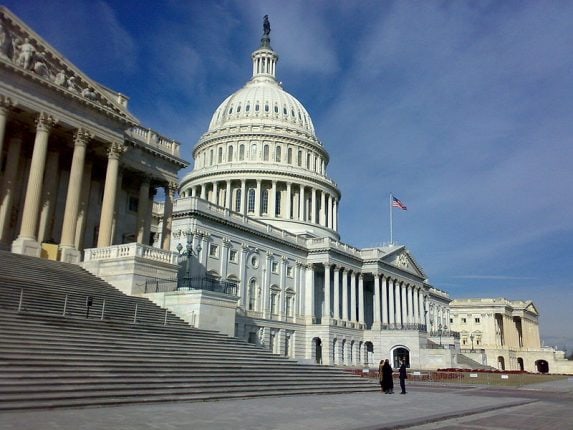
“However,” Jennison continued, “we still need help in securing co-sponsors in some of our key manufactured housing states in order to push us across the finish line! We are expecting the Senate bill to drop right after the Thanksgiving recess.”
While there are many voices of support for Preserving Access to Manufactured Housing Act, not all who have read HR 1779 like the measure.
“I’m skeptical that this is going to suddenly result in a huge downturn of lending in this area,” John Van Alst, staff attorney with the National Consumer Law Center in Boston told the Wall Street Journal. Alt’s “this” means the CFPB’s proposed regulations.
By contrast, U.S. Senator Sherrod Brown (D-OH) – certainly seen by his colleagues as a consumer advocate – said in a statement last spring that manufactured homes “represent a different product, with a different consumer base” than loans for traditional homes.
What Alst and other not familiar with manufactured housing may fail to realize is that the industry has been recovering for three years from a nearly decade long prior slump caused in part by the easy money that eventually burst the housing mortgage bubble in 2008. No-doc “liar loans” drew would-be manufactured home buyers to conventional housing by the hundreds of thousands. Millions of those loans later cratered, because they were not truly affordable for their buyer. The bubble that burst caused by that lending was tied to higher priced conventional housing, not manufactured home loans.
But while those easy money housing loan practices reigned, hundreds of home manufacturing facilities were closed, along with thousands of retail centers since the industry peak of 1998, when over 372,000 homes were built. The industry sunk to 49,000 starts 3 years ago, and has since recovered to about 60,000 new homes built for 2013.
Industry professionals complain that they are being de-facto punished more than those who caused the housing/mortgage mess.
As an example of the practical impact of the CFPB’s pending rules, the cost for a lender to originate a $35,000 manufactured home (MH) loan would be similar to the cost to originate a $250,000 conventional housing loan. Without a sufficient spread on rates, points or fees, the low cost MH loans can’t be profitably made.
The result? Loss of access to lending that is otherwise available. It’s simple math.
U.S. Senators seek a Remedy
Senator Brown and a number of his colleagues from both sides of the political aisle have sent a letter to Richard Cordray in support of a regulatory fix for the unintended consequences from Dodd-Frank. Wikipedia says, “Richard Cordray is an American lawyer and Democratic Party politician who currently serves as the first Director of the Consumer Financial Protection Bureau.”
Signatories to the letter coordinated by Senate Banking Subcommittee Chairman on Financial Institutions and Consumer Protection, Sherrod Brown, included Senators Lamar Alexander (R-TN), John Boozman (R-AR), Thad Cochran (R-MS), Bob Corker (R-TN), Joe Donnelly (D-IN), Joe Manchin (D-WV), Mark Pryor (D-AR), Jay Rockefeller (D-WV), Pat Toomey (R-PA), and Roger Wicker (R-MS).
The strongly bi-partisan support in the Senate – 5 Democrats and 6 Republicans – bodes well for the bill, once it is filed or “dropped” as MHI’s Jennison termed it. The senators’ letter, as well as others resources, are available as a download or are linked at the end of this article.
The letter from the senators to CFPB Director Cordray indicates that current manufactured home owners, potential home buyers and a large cross section of the industry would be adversely impacted in the absence of either a regulatory or legislative fix.
Is “Dodd-Frankenstein,” ObamaCare2?
Some commentators are referring to Dodd-Frank as “Dodd-Frankery” or “Dodd-Frankenstein.” They point to the high cost of regulatory compliance as harming community banks and smaller lenders. That high cost of compliance in turn cuts off consumers and businesses alike from sources for financing.

The congressional letter to Cordray says in part, “If financial institutions are unable to comply with these rules by the January 2014 deadline there could be significant distortions in the mortgage market affecting the availability of credit for consumers.”
One source referred tongue-in-cheek to the CFPB as the “Consumer Financing Prohibition Bureau.”
Some industry professionals are speculating that millions of Americans could react to the negative impact of these federal rules in much the same way as millions of consumers have to the cancellation of insurance policies caused by ObamaCare. “If you like you financing, you can keep it,” quipped a top executive, a reference to the pledge made dozens of times by the president and others in support of ObamaCare.
If Dodd-Frank indeed ends up in the eyes of consumers as a kind of “ObamaCare2,” expect millions to rise in protest after the regulations kick in, if regulatory and/or legislative remedies are not adopted.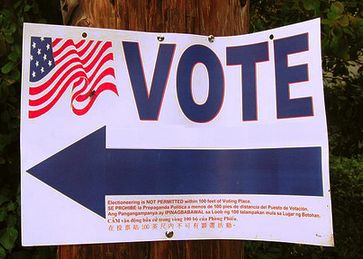
Why? Because some 20 to 23 million Americans live in pre-HUD Code mobile homes or post HUD Code manufactured homes. There are thus enough voters among these home owners to swing many district’s vote in an election.
Preparing for the Impact
Dick Ernst, president and principle consultant at FinmarkUSA.com will be moderating panel discussions in January 2014 at the Louisville Manufactured Housing Show and in Dallas with the Texas Manufactured Housing Association. The panels of lenders and experts will tell hundreds of professionals who will gather the latest “does and don’ts” of the ever changing federal regulations.
C-Suite level industry leaders are not playing wait and see. Many are actively engaged in lobbying Congress to mitigate the negative impact of Dodd-Frank, the SAFE Act and other laws that now fall under the regulatory authority of the CFPB.
One such CEO is Sam Landy, of rapidly-growing land-lease community operator, UMH Properties (UMH). Their firm has encouraged residents and staff alike to contact elected officials in support of HR 1779. Working in concert with associations in Pennsylvania and other states they operate in, their efforts are bearing fruit.
Landy told MHProNews that with the quality yet affordable product the industry offers today, given the right financing, he believes new manufactured home sales could rise to 5 or 6+ times their current levels. That sort of increase would create some 250,000 new jobs, according to figures used by MHI.
The flip side is that two major industry lenders believe that some 40% of loans they made in 2012, would not be made in 2014 under new CFPB guidelines. If true, that would result in roughly 6000 lost jobs in home building alone.
Landy said, “From my perspective if the government just removes the provisions of the SAFE Act and Dodd-Frank that stop us from selling homes to people who can afford them, I’d be happy enough.”
UMH believes in the sector, having doubled its holdings in the last five years. Landy stated, “If a person was in this business anytime but the last ten years they would say this is the best business there is. People need quality housing at a reasonable price. We provide that. We provide a better product than apartments, townhouses, condos and single family homes for our customers. Apartment rents have been increasing. Single family home buyers now need down payments once again.”
Landy pointed out that for around $70,000, someone can have an entry level 3 bedroom 2 bath manufactured home, including the cost of a lot. U.S. Census Bureau figures bear that number out. With incomes down, and most Americans still wanting to own rather rent, Landy sees new manufactured home sales rising to 300,000 to 400,000 shipments a year. That would be up from the current level of about 60,000 homes a year.
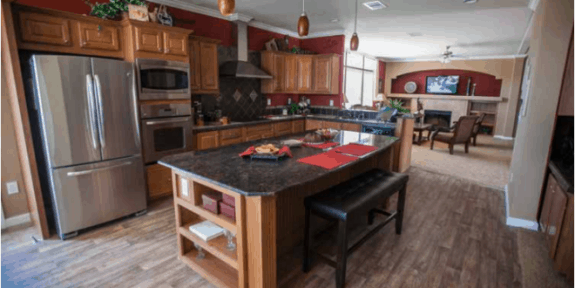
Manufactured Home interior
Photo Credit, Real Estate Center, Texas A&M University
Prophecy, Non-profits and Academics
“Sam Landy can be a prophet if we get our message out correctly.”
So said Barry Noffsinger, Sales and Marketing Manager for award-winning CU Factory Built Lending (CUFBL), who also supports the push for HR1779 and its soon-to-be-filed companion bill in the Senate.
CUFBL is a division of non-profit San Antonio Credit Union. When asked about non-profits and manufactured housing, Noffsinger said, “The non-profits are great advocates of the virtues of manufactured housing; they just come at it from a different angle.”
Noffsinger elaborated, “I was recently at I’m Home Retreat in Denver and you would have thought that you were at an MHI convention if you closed your eyes. They see manufactured housing as the answer to the country’s affordable housing needs and promote it as a wealth-building tool for many Americans – see the similarities?”
When Noffsinger speaks about non-profits, he is referring to Corporation for Enterprise Development (CFED), Next Step and others. CFED’s CEO Andrea Levere write a glowing OpEd for the Huffington Post earlier this year, extolling the virtues of manufactured housing.
Stacey Epperson, CEO of Next Step, was featured in Forbes. Epperson was a conventional “site builder” who pivoted from hating manufactured housing out of ignorance, to embracing them as a solution to quality, affordable living for millions in all economic levels.
Howard Banker, Executive Director of the Fair Mortgage Collaborative published a report favorable to manufactured housing and its lending earlier this year.
Academics such as Harold Hunt, PhD at the Real Estate Center at Texas A&M, are also being won over by the quality, safety and energy savings features found in modern manufactured homes.
So one of the tragic ironies is that the regulatory-induced choke hold on manufactured housing comes at a time when the industry is gaining some long-overdue respect.
Mortgage Lenders Concur
“Manufactured housing is an excellent option for our growing population. We foresee its continued growth for years to come,” observed Andrew Peters, CEO of First Guaranty Mortgage Corporation.
With the need for some 19.9 million new housing units by 2030, incomes down in the last five years, and expectations for quality – yet affordable – home ownership still robust, Peter’s point makes sense.
Peters told MHProNews, “Right now, I see two key challenges for our industry. The first is the atmosphere of uncertainty caused by the dramatically shifting regulatory landscape. Uncertainty paralyzes business, and hurts the availability of credit. The second challenge follows naturally from the first. The tightening of lending requirements threatens to dampen the recovery we have seen in the past year.”
While stressing that the industry’s retailers needed to diversify into using more FHA, VA and USDA lending that are made at rates that mirror conventional housing, Peters said that personal property lending has long been the key driver of home sales in this sector.
According to Peters, these personal property or ‘chattel’ loans “…are and have been the life blood of the manufactured home industry since its earliest days, years before the HUD Code went into effect. So anyone concerned with the long term viability of the industry wants to see chattel lending continue. It is unique to manufactured housing compared to other forms of home financing.”
Other industry lenders we spoke with, such as Tim Williams, CEO of 21st Mortgage Corporation and Triad Financial Services Chairman and CEO, Don Glisson, Jr. agree.
The ULC and MH Financing
As a different sought after option, a finance expert connected to a respected non-profit organization raised the subject of the Uniform Law Commission (ULC) plan to declare all manufactured homes real property. This, their supporters hope, would make financing manufactured homes easier and lower cost than personal property lending.
However, the same expert admitted off the record that at that point in time, they had yet to find a single bank who would enter the space and do the kind of loans they want under the plan. Industry professionals – especially those connected to land-lease communities – see mainly headaches with the ULC’s concept.
That leaves the industry and its home owners squarely in need of the regulatory and/or legislative relief, sought in HR 1779.
This serious need for HR 1779 may explain the timing at MHI, which just hired Rick Robinson as their Vice President of Government Affairs and General Counsel.
Robinson will support MHI Senior Vice President Jason Boehlert’s government affairs role. Clearly, the trade association is beefing up efforts with regulators and on Capitol Hill.
Chorus of support for HR 1779
Statements made to MHProNews by
-
Cavco Industries Chairman Joe Stegmayer,
-
Drew Industries Chairman Leigh Abrams,
-
Equity Lifestyle Properties (ELS) CEO Marguerite Nader
-
Green Courte Partners Chairman Randy Rowe,
-
Champion Homebuilders Vice President Phyllis Knight and
-
RV/MH Hall of Fame inductee Mike Evans, founder of Centennial Homes
are all among the chorus of a broad cross-section of the manufactured home industry that lament the current regulatory burdens and support enactment of HR 1779.
Stop Picking Winners and Losers
Barry Noffsinger said, “Alexis de Toqueville wrote in his book Democracy in America,”
“In a democracy, the people get the government they deserve.”
Congressman Stephen Fincher (R-TN8), author of HR 1779, said in an interview with MHProNews that “The government has an incredibly poor track record of picking winners and losers, and it needs to stop doing it. Instead, we need for Congress and the Administration to get out of the way and allow businesses and industries to make decisions that will allow them to thrive and create more jobs.”
Fincher, himself a small businessman and a farmer stated, “I stepped up because this is a common sense issue. The government’s overreach and bad regulations here are hurting jobs and families. Something has to be done to stop that, and H.R. 1779 is just one way we can help maintain the quality of life for Americans across the country.” ##
Related downloads, stories and an appendix include:
– Download – Letter from 11 US Senators to CFPB
– Download – Letter from 118 Congressional Representatives to CFPB
– Not Your Grandfather’s Trailer House by Harold Hunt, PhD, Real Estate Center, Texas A&M.
– American Bankers Urged More to Lend on Manufactured Homes, Howard Banker, Exeuctive Director, Fair Mortgage Collaborative.
Appendix:
Co-sponsors by State for HR 1779
| As of 11.19.2013 | ||
| State | H.R. 1779 – 105 cosponsors | H.R. 3849 (112th Congress) – 43 cosponsors |
| (20 Democrats / 85 Republicans | (12 Democrats / 31 Republicans) | |
| Alabama | 6 out of 7 | 3 out of 7 |
| Alaska | 0 out of 1 | 0 out of 1 |
| Arizona | 8 out of 9 | 2 out of 8 |
| Arkansas | 2 out of 4 | 0 out of 4 |
| California | 1 out of 53 | 2 out of 53 |
| Colorado | 2 out of 7 | 0 out of 7 |
| Connecticut | 0 out of 5 | 0 out of 5 |
| Delaware | 0 out of 1 | 0 out of 1 |
| Florida | 2 out of 27 | 0 out of 25 |
| Georgia | 3 out of 14 | 1 out of 13 |
| Hawaii | 0 out of 2 | 0 out of 2 |
| Idaho | 1 out of 2 | 0 out of 2 |
| Illinois | 2 out of 18 | 2 out of 19 |
| Indiana | 4 out of 9 | 3 out of 9 |
| Iowa | 2 out of 4 | 3 out of 5 |
| Kansas | 0 out of 4 | 0 out of 4 |
| Kentucky | 5 out of 6 | 1 out of 6 |
| Louisiana | 1 out of 6 | 0 out of 7 |
| Maine | 1 out of 2 | 1 out of 2 |
| Maryland | 0 out of 8 | 0 out of 8 |
| Massachusetts | 0 out of 9 | 0 out of 10 |
| Michigan | 4 out of 14 | 0 out of 15 |
| Minnesota | 3 out of 8 | 1 out of 8 |
| Mississippi | 4 out of 4 | 4 out of 4 |
| Missouri | 2 out of 8 | 0 out of 9 |
| Montana | 1 out of 1 | 0 out of 1 |
| Nebraska | 1 out of 3 | 0 out of 3 |
| Nevada | 0 out of 4 | 0 out of 3 |
| New Hampshire | 0 out of 2 | 0 out of 2 |
| New Jersey | 1 out of 12 | 0 out of 13 |
| New Mexico | 1 out of 3 | 0 out of 3 |
| New York | 7 out of 27 | 0 out of 29 |
| North Carolina | 5 out of 13 | 3 out of 13 |
| North Dakota | 0 out of 1 | 0 out of 1 |
| Ohio | 5 out of 16 | 1 out of 18 |
| Oklahoma | 5 out of 5 | 5 out of 5 |
| Oregon | 1 out of 5 | 0 out of 5 |
| Pennsylvania | 12 out of 18 | 3 out of 19 |
| Rhode Island | 0 out of 2 | 0 out of 2 |
| South Carolina | 3 out of 7 | 2 out of 6 |
| South Dakota | 0 out of 1 | 0 out of 1 |
| Tennessee | 5 out of 9 (includes sponsor) | 6 out of 9 (includes sponsor) |
| Texas | 0 out of 36 | 0 out of 32 |
| Utah | 0 out of 4 | 0 out of 3 |
| Vermont | 0 out of 1 | 0 out of 1 |
| Virginia | 2 out of 11 | 0 out of 11 |
| Washington | 0 out of 10 | 0 out of 9 |
| West Virginia | 2 out of 3 | 1 out of 3 |
| Wisconsin | 2 out of 8 | 0 out of 8 |
| Wyoming | 0 out of 1 | 0 out of 1 |

ManufacturedHomeLivingNews.com|MHProNews.com|
Business and Public Marketing & Ads:B2B|B2C
Websites, Contract Marketing & Sales Training, Consulting, Speaking:
MHC-MD.com|LATonyKovach.com| Office 863-213-4090















